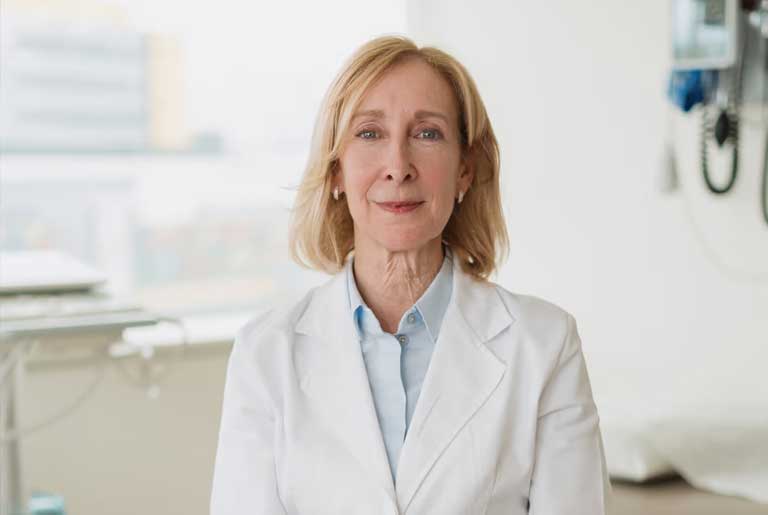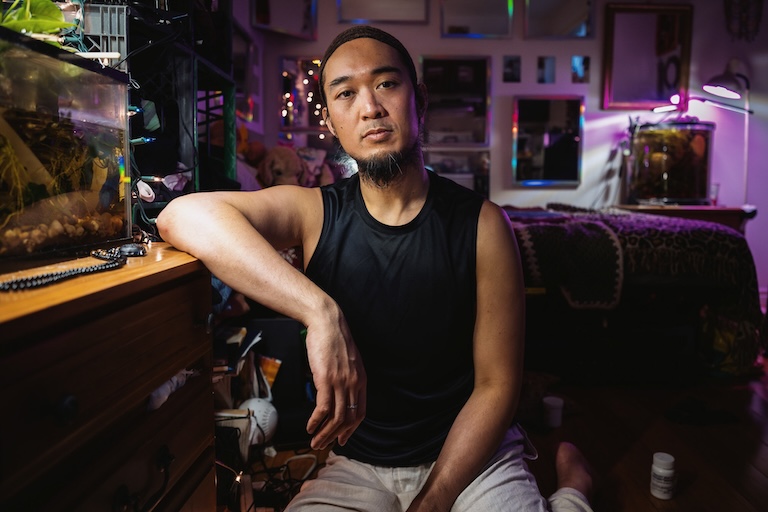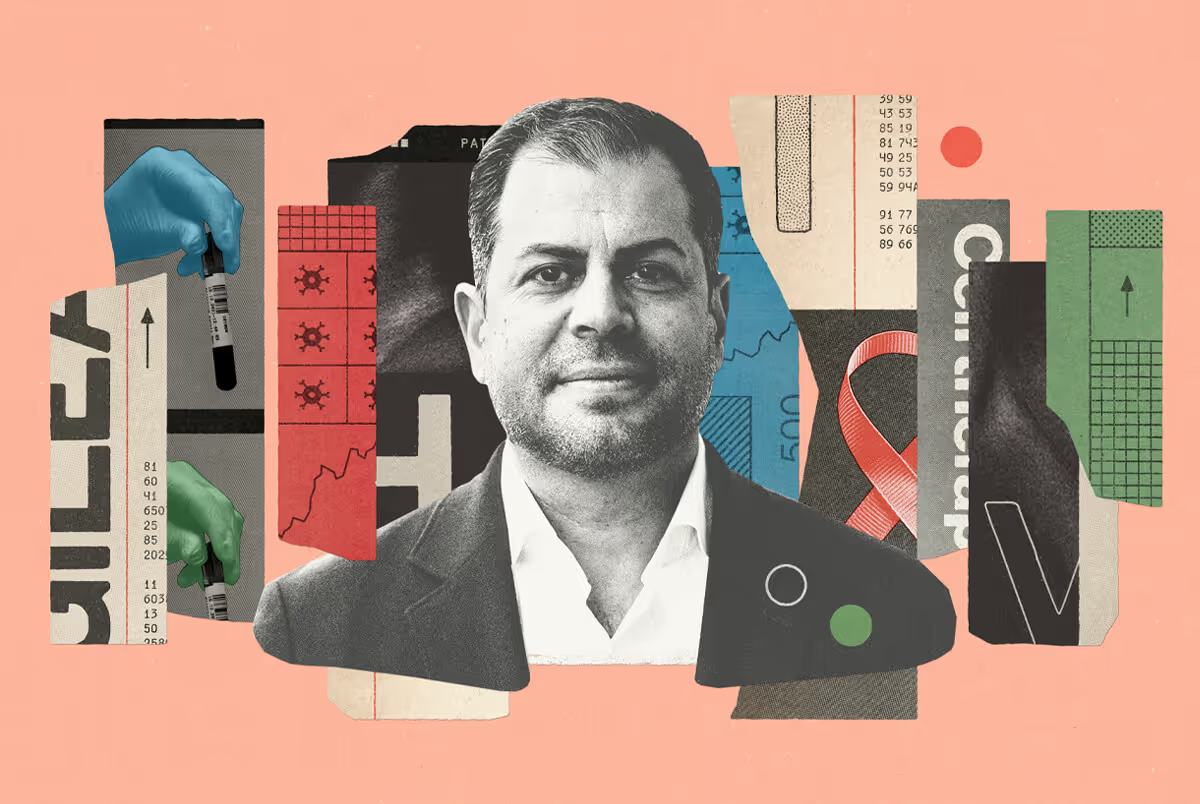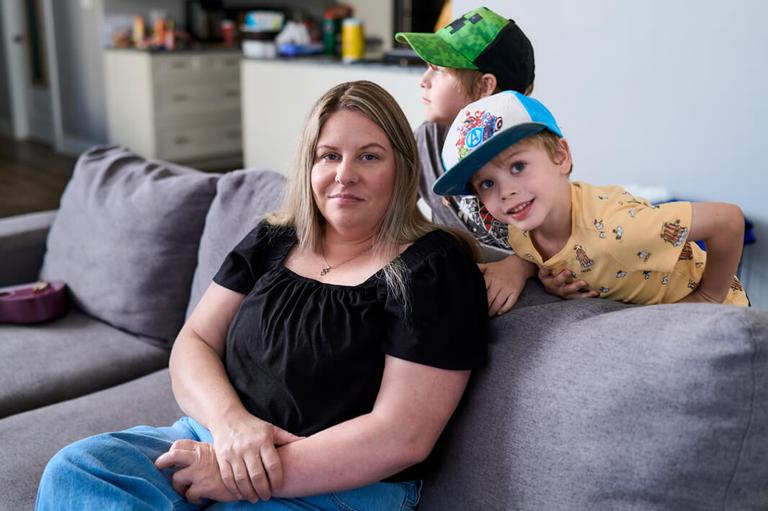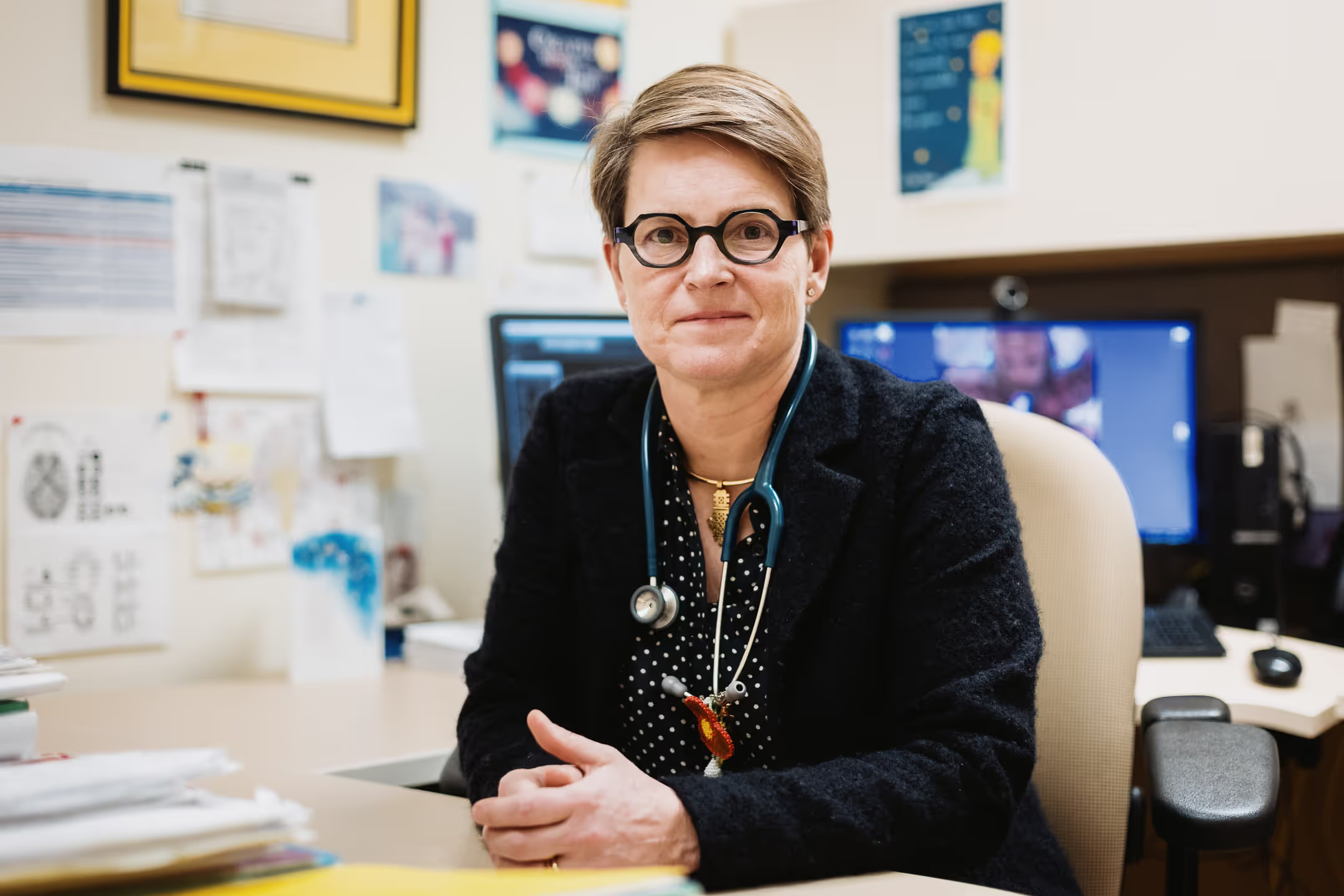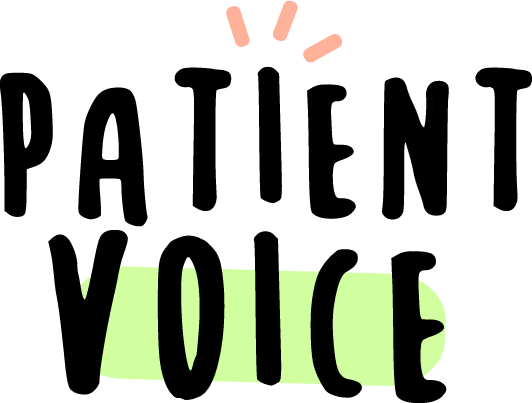“I lived most of my life as two people. One Emily was a high achiever who seemed to have everything going for her. The other was dying from pain and screaming silently for help.
As a child, I was a competitive dancer, gymnast, and golfer. Outwardly, I seemed to be thriving. But behind closed doors, I was struggling with pain, fatigue, migraines, and gastrointestinal issues. When I had my periods, especially, life was excruciating. But whenever I tried to talk to a doctor, I was told it was normal and that I was a hypochondriac. I started to believe it, so I just tried to suck it up and keep going.
By my 20s and 30s, the stress of living this double life had snowballed into major depression and alcohol use disorder. I was let go from six different jobs. Not because I couldn’t do the work, but because I couldn’t keep up and show up. I was in and out of the ER. Nothing made sense. And the medical gaslighting continued. At my sickest point, a specialist told me all I needed to get better was an eight-week meditation retreat.

But through it all, my family doctor kept advocating for me, referring me to new clinics and new specialists. She wasn’t going to stop until we had answers. It’s only thanks to her and my partner Peter, who always reassured me that it was okay to be sick but also that I shouldn’t accept it as normal, that I’m still here today.
And I am here today. I’m 41 now, and I finally have some answers. Over the last few years, I’ve been diagnosed with chronic fatigue syndrome, adenomyosis, glucose-galactose malabsorption, and mast cell activation syndrome. Everything I’ve gone through makes sense through the lens of underrecognized complex conditions. With medication, diet, a slow-paced lifestyle, and other treatments — none involving a meditation retreat — I’m finally taking control of my health and integrating the two Emily’s into one person.
I’ve also become a patient advocate, because no one should ever have to go through the hell of a diagnostic journey like mine. Advocacy brings me so much joy. For the first time, I feel heard, seen, and valued for the complete person I am.

For my entire life, it felt like my body was out to get me. If I wasn’t sick or in excruciating pain, I was bracing myself for the next time I would be. As an athlete and high achiever, I was always pushing myself, pretending to feel better than I did. When things got so bad that I did reach out for help, I was invariably told — by everyone in my life, even doctors — that it was all in my head.
It wasn’t. In the last few years, I’ve been diagnosed with adenomyosis, glucose-galactose malabsorption, chronic fatigue syndrome, and mast cell activation syndrome. At 41, I finally feel like I understand what’s going on with my body. I have tools for living a life defined not by pain, but by purpose. But the psychological toll of decades of being misdiagnosed, dismissed, and gaslit is harder to overcome.
By adulthood, I was really struggling with my mental health. I was depressed, isolated, and started binge drinking. I’d never liked alcohol before, since it aggravated my gastrointestinal issues. But I’d gotten a new job in the marketing industry and drinking was very much a part of the culture. And once I started drinking a little more, I realized it was a way to numb the pain I’d been in my whole life.
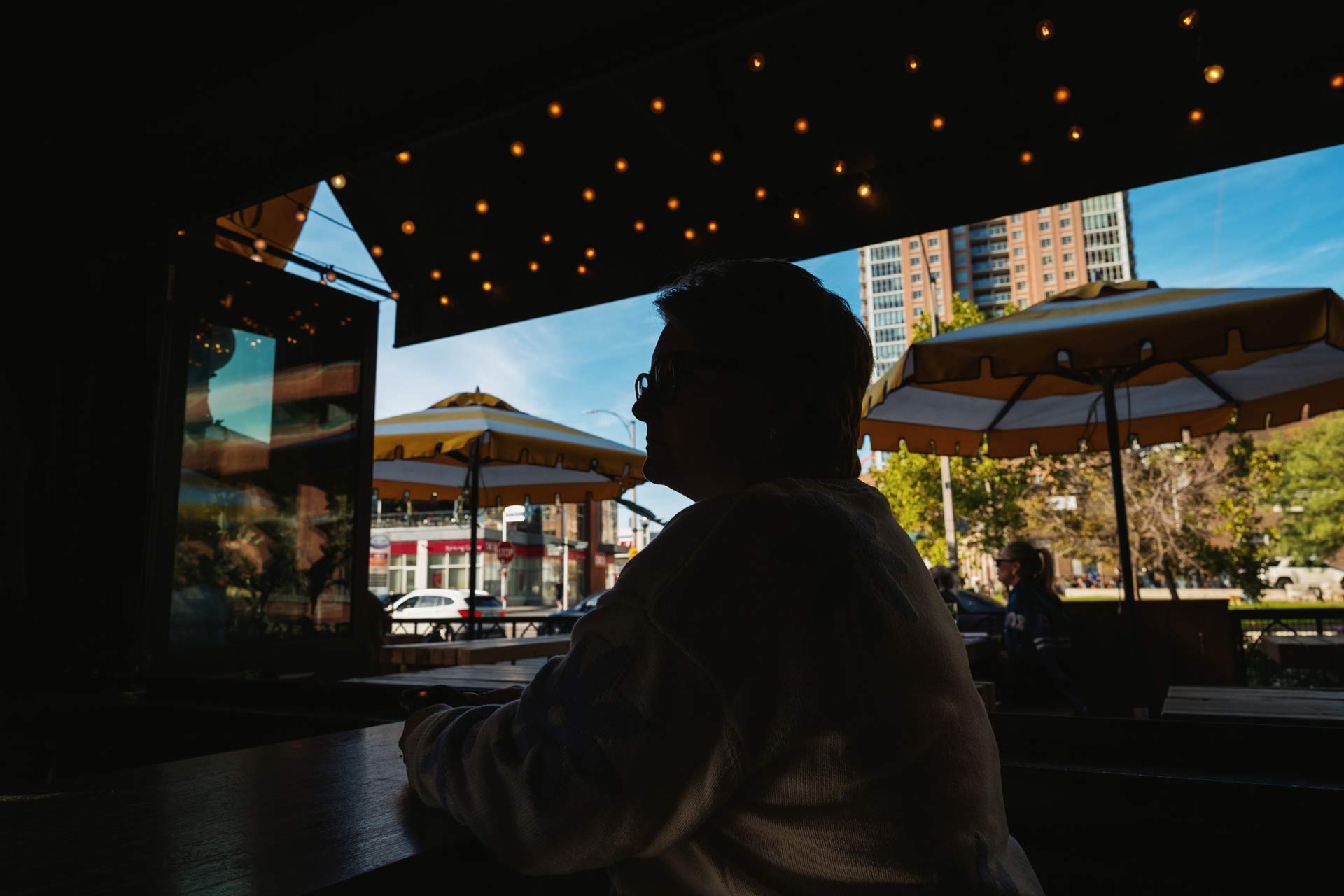
It snowballed so quickly, I didn’t even notice it happening. I’d wake up in the morning with bruises on my arms and legs and no memory of how they got there. I’d rack up huge bar bills that I couldn’t afford. By the time I recognized that my drinking was a serious problem, it had all but ruined my life.
It wasn’t until after I quit drinking and entered therapy for alcohol use disorder that I began to understand how deeply my mental health challenges were tied to the trauma of living in a body that was constantly in pain — and never fully believed. A diagnosis of complex PTSD has helped me begin to unravel that experience, like a tightly wound ball of yarn I’m only just starting to untangle. I’m five years sober, and that clarity is a powerful lens through which I can finally make sense of my struggles. Healing hasn’t been linear, but I’m working every day to get better — and to rewrite the story in my own words.”


